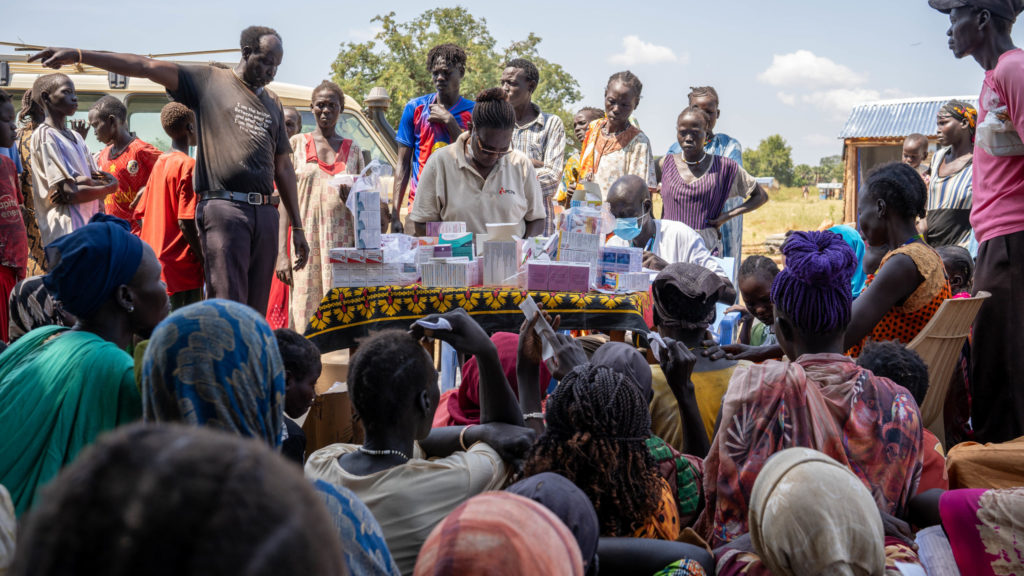Humanitarian crisis at the South Sudanese border
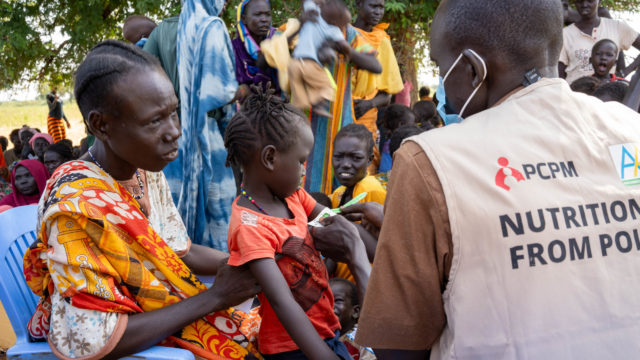
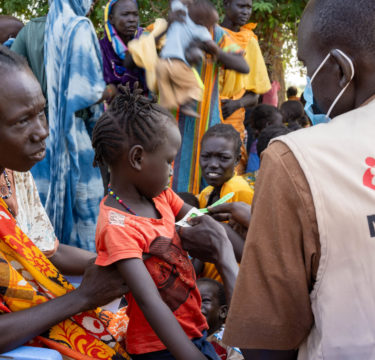
The conflict in Sudan has turned into one of the most severe civil wars and humanitarian crises worldwide. Fighting between the Sudanese Armed Forces (SAF) and Rapid Support Forces (RSF) has caused the displacement of millions of people—both within the country and beyond its borders. Over 12 million people have been forcibly displaced, with hundreds of thousands crossing the border into South Sudan, fleeing violence and hunger.
For neighboring South Sudan, the influx of refugees is a huge humanitarian challenge. Many of the arrivals end up in makeshift camps lacking clean water, food, medicine, and access to medical care. The country itself is struggling with the long-term effects of civil war, floods, and a food crisis, which severely limits its capacity to assist new arrivals. As a result, thousands of families live on the brink of survival—literally and figuratively.
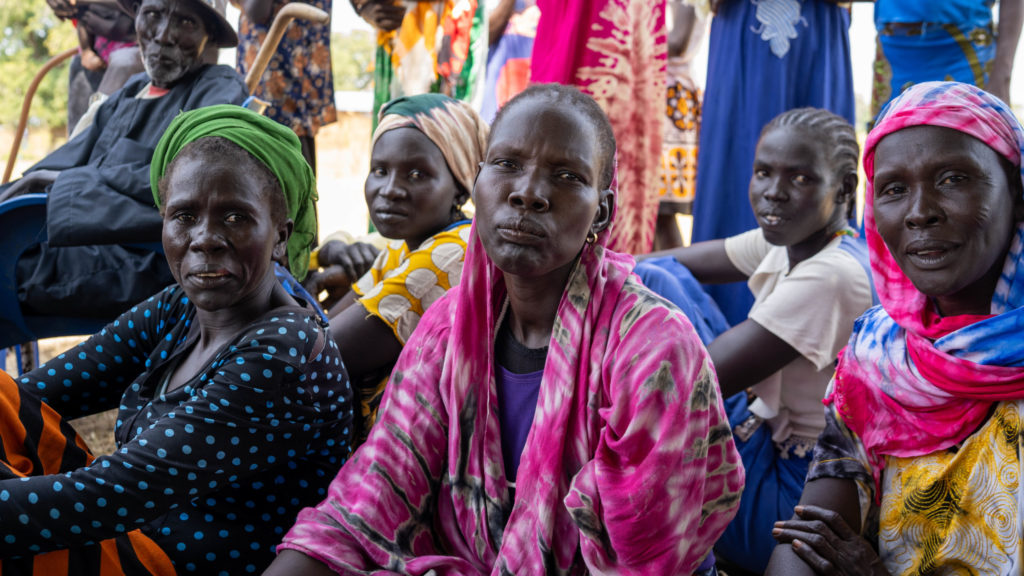
Reports from the Sudan and South Sudan border
We would like to share with you what we saw with our own eyes at the Sudan and South Sudan border—and what you can see in the attached photographs.
We were in the northern part of the country, where for years we have supported the centre in Gordhim, treating children in a state of severe malnutrition. Just a few, a dozen or so kilometers further—closer to the Sudan border—refugees have gathered who fled to survive. Some traveled hundreds of kilometers. Their accounts are shocking: they speak of escaping war, violence, and hunger, of a desperate fight for the lives of themselves and their children.
Now they live in the middle of the African bush—often only in the shade of trees, because makeshift shelters are hard to endure due to the high temperatures. On a few meters of bare earth, covered at best by a plastic tarp, entire families huddle together. Tin roofs may protect against rain in the rainy season, but in the dry season, the heat is physically unbearable. That is why, during the day people seek shelter in the shade of the few trees.
On their path of escape, they cannot count on any medical help, although many of them desperately need it. That is why we reach these camps with a mobile clinic from the Polish Center for International Aid (PCPM) in South Sudan—delivering medicine and providing basic medical care to those left completely alone.
On site, there is not only a lack of medicine but also drinking water and food. Any sanitation infrastructure is out of the question. All this means that an epidemic outbreak can occur at any time.
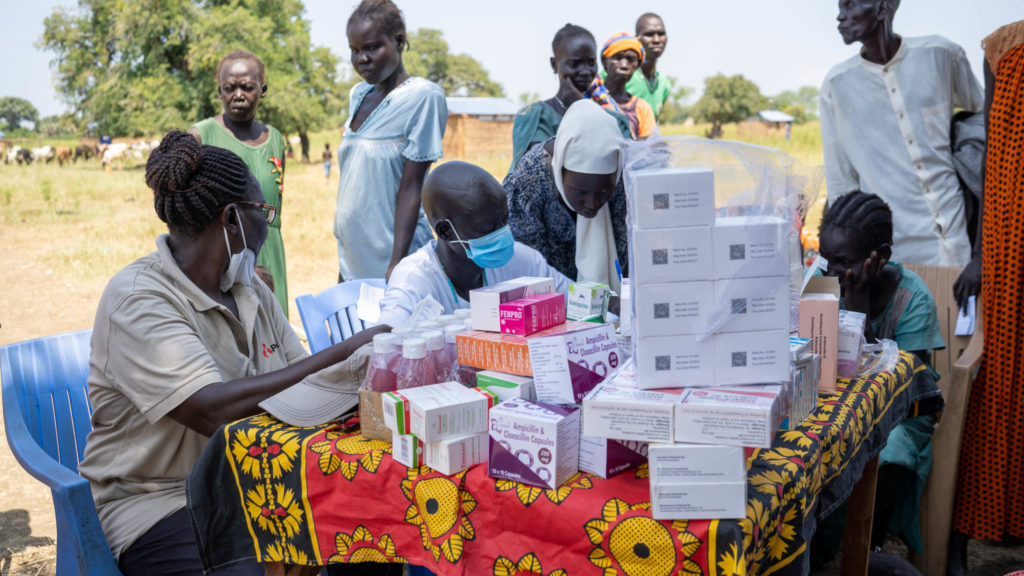
PCPM in South Sudan
The Polish Center for International Aid for years has helped in South Sudan. We operate mobile clinics reaching refugee camps and remote villages where no other form of healthcare exists. Doctors and rescuers provide help to children and adults in severe malnutrition, treat tropical diseases, and supply clean water and hygiene products.
We also support local health facilities, train medical personnel, and help develop sanitation infrastructure. Thanks to donor support, PCPM can provide treatment, therapeutic food, and vaccinations to those in dramatic situations after fleeing war-torn Sudan. This aid saves the lives of hundreds of people every day.
